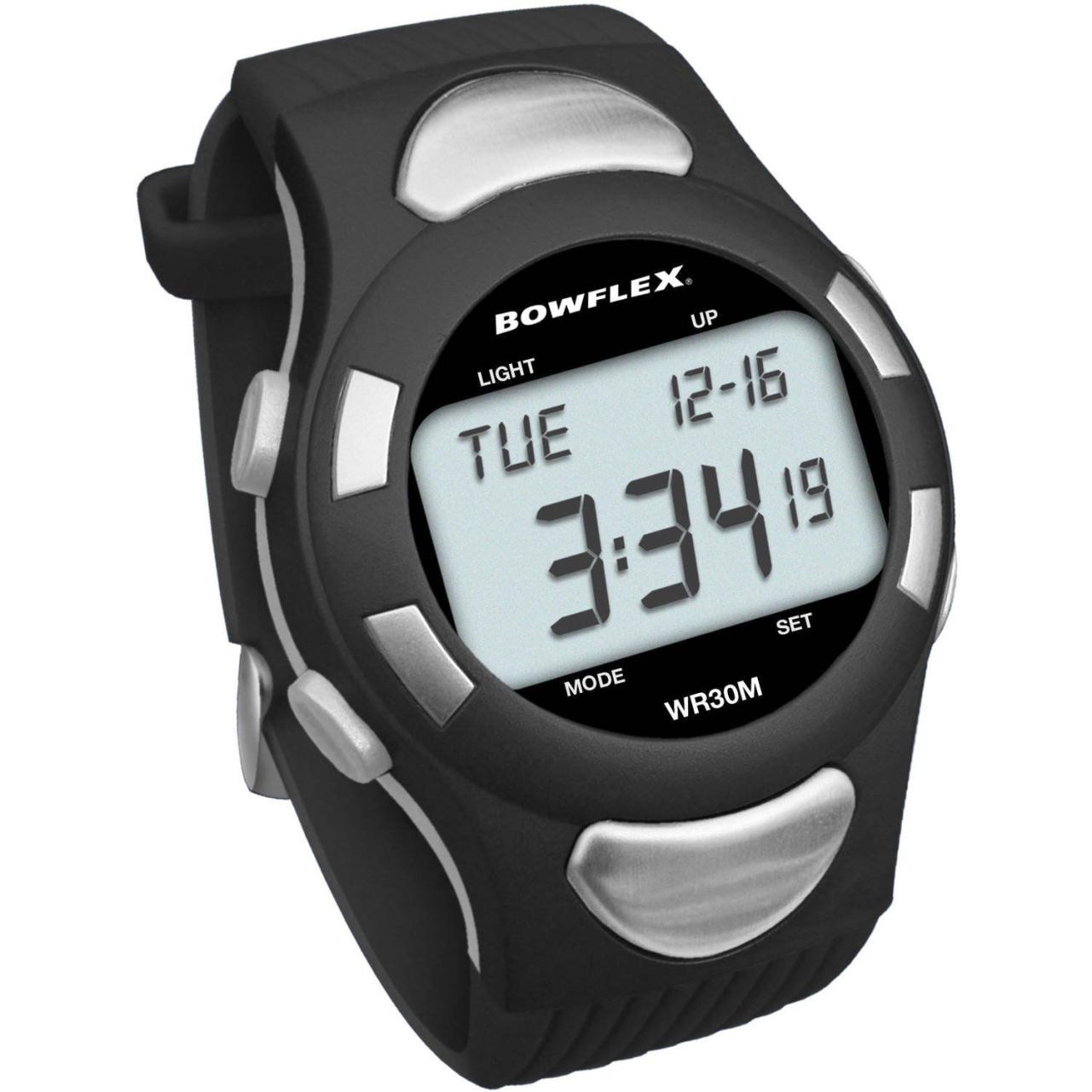What Are the Limitations of Fitness Apps and Heart Rate Monitors?
Fitness apps and heart rate monitors have become increasingly popular tools for tracking and improving health and fitness. While these devices offer numerous benefits, it's essential to be aware of their limitations to use them effectively and avoid potential drawbacks.

Accuracy And Reliability
Accuracy Of Heart Rate Monitors:
- Heart rate monitors measure heart rate using various technologies, including optical sensors, chest straps, and electrocardiograms (ECGs).
- The accuracy of heart rate measurements can vary depending on factors such as sensor placement, movement, and environmental conditions.
- False readings and inaccurate data can occur due to improper sensor placement, loose straps, or interference from external factors.
Reliability Of Fitness Apps:
- Fitness apps use various algorithms to track steps, calories burned, and other metrics based on data collected from accelerometers, GPS, and heart rate sensors.
- The reliability of these algorithms can vary, leading to overestimation or underestimation of activity levels, distance traveled, and calories burned.
- Factors such as the type of activity, terrain, and individual differences can affect the accuracy of fitness app data.
User Dependency And Motivation
User Dependency On Technology:
- Over-reliance on fitness apps and heart rate monitors can lead to decreased self-awareness and intuition regarding physical activity.
- Individuals may become overly focused on meeting app-generated goals rather than listening to their bodies and engaging in activities they genuinely enjoy.
- Neglecting other important aspects of health and fitness, such as nutrition, sleep, and mental well-being, can occur when excessive attention is given to fitness app data.
Motivation And Engagement:
- Fitness apps and heart rate monitors may not be effective in motivating all individuals to engage in regular physical activity.
- The novelty of using these devices may wear off over time, leading to decreased adherence and a return to sedentary behavior.
- Individual preferences, personality traits, and lifestyle factors can influence the effectiveness of fitness apps and heart rate monitors in promoting long-term motivation and engagement.
Data Privacy And Security
Data Privacy Concerns:
- Fitness apps and heart rate monitors collect a significant amount of personal data, including heart rate, activity levels, location, and sleep patterns.
- Data breaches and unauthorized access to sensitive information can occur if appropriate security measures are not implemented.
- Sharing personal data with third parties without user consent raises concerns about data privacy and the potential misuse of information.
Data Security Measures:
- Strong data encryption and security protocols are essential to protect user privacy and prevent unauthorized access to personal information.
- Users should choose reputable fitness apps and heart rate monitors with robust security features and a clear privacy policy.
- Regular software updates and security patches are necessary to address vulnerabilities and protect against potential cyber threats.
Cost And Accessibility
Cost Of Fitness Apps And Heart Rate Monitors:
- Fitness apps and heart rate monitors range in price from free apps to expensive devices with advanced features.
- The cost of these devices can be a financial burden for individuals with limited resources, making them less accessible to certain populations.
- Subscription fees or premium features within fitness apps can add to the overall cost of using these services.
Accessibility Of Fitness Apps And Heart Rate Monitors:
- The digital divide and disparities in access to technology can limit the accessibility of fitness apps and heart rate monitors for certain individuals and communities.
- Limited availability of these devices in certain regions or communities can further exacerbate accessibility issues.
- Language barriers and cultural factors can also影响 the accessibility and usability of fitness apps and heart rate monitors for diverse populations.
Fitness apps and heart rate monitors offer valuable tools for tracking and improving health and fitness. However, it's essential to be aware of their limitations to use them effectively and avoid potential drawbacks. Accuracy, reliability, user dependency, data privacy, cost, and accessibility are important factors to consider when choosing and using these devices. Consulting with healthcare professionals and fitness experts can help individuals determine the most appropriate tools for their health and fitness goals.
YesNo

Leave a Reply